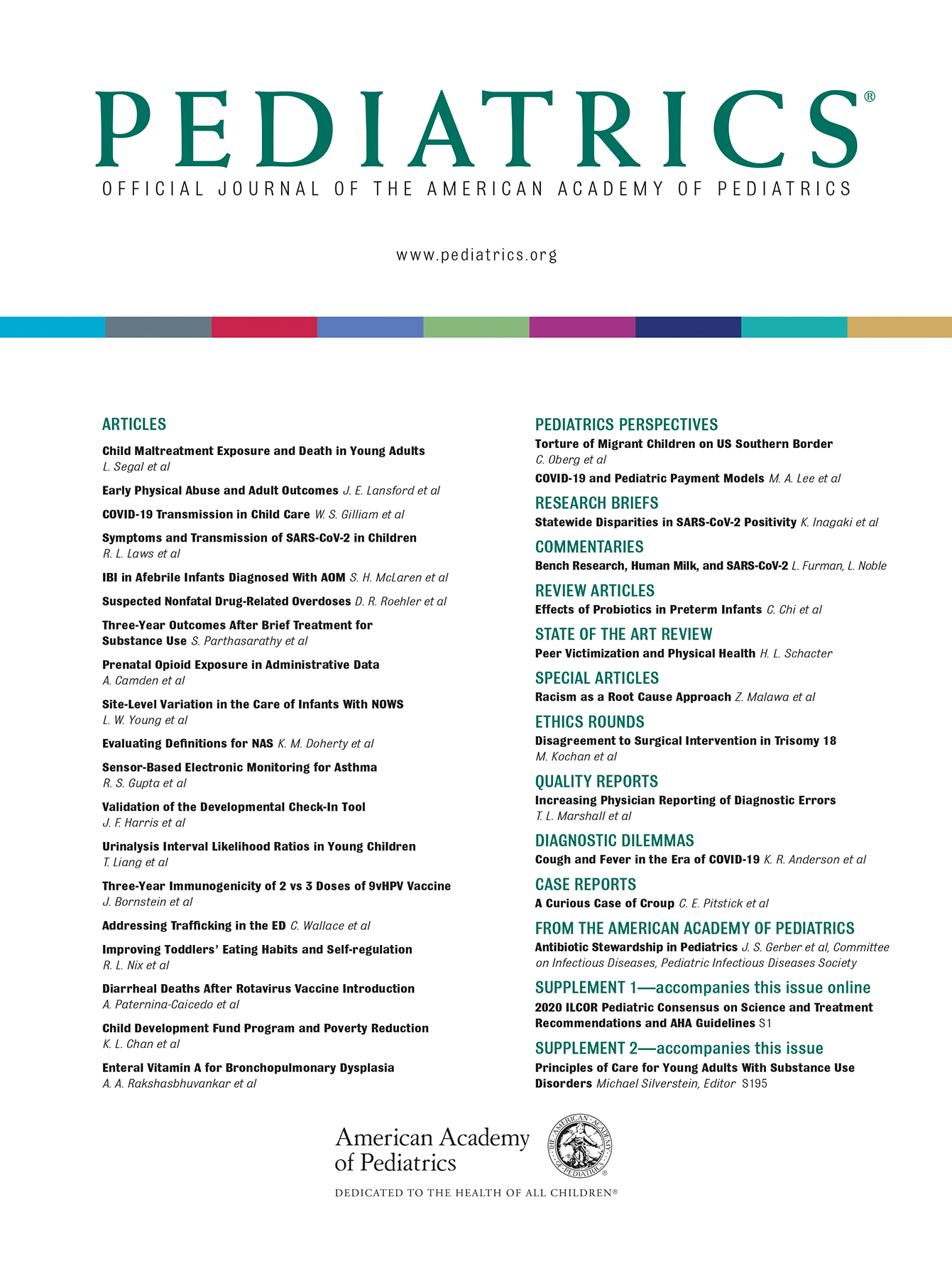To test the hypothesis that children with a previous history of concussion have a longer duration of symptoms after a repeat concussion than those without such a history.
Prospective cohort study of consecutive patients 11 to 22 years old presenting to the emergency department of a children's hospital with an acute concussion. The main outcome measure was time to symptom resolution, assessed by the Rivermead Post-Concussion Symptoms Questionnaire (RPSQ). Patients and providers completed a questionnaire describing mechanism of injury, associated symptoms, past medical history, examination findings, diagnostic studies, and the RPSQ. Patients were then serially administered the RPSQ for 3 months after the concussion or until all symptoms resolved.
A total of 280 patients were enrolled over 12 months. Patients with a history of previous concussion had a longer duration of symptoms than those without previous concussion (24 vs 12 days, P = .02). Median symptom duration was even longer for patients with multiple previous concussions (28 days, P = .03) and for those who had sustained a concussion within the previous year (35 days, P = .007) compared with patients without those risk factors. In a multivariate model, previous concussion, absence of loss of consciousness, age ≥13, and initial RPSQ score >18 were significant predictors of prolonged recovery.
Children with a history of a previous concussion, particularly recent or multiple concussions, are at increased risk for prolonged symptoms after concussion. These findings have direct implications on the management of patients with concussion who are at high risk for repeat injuries.






Comments